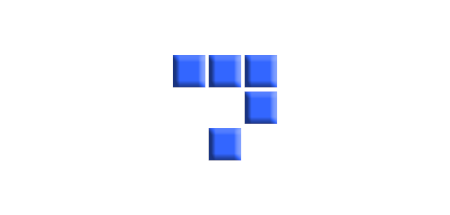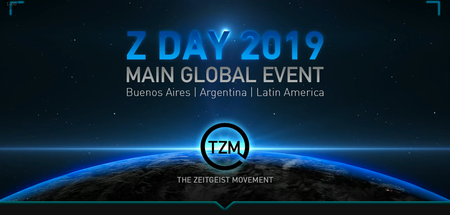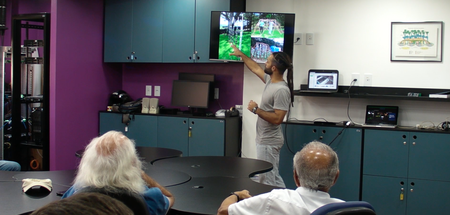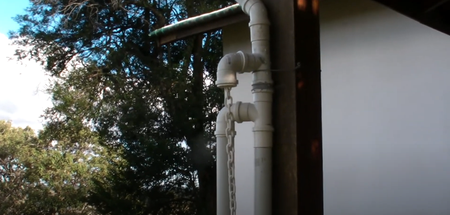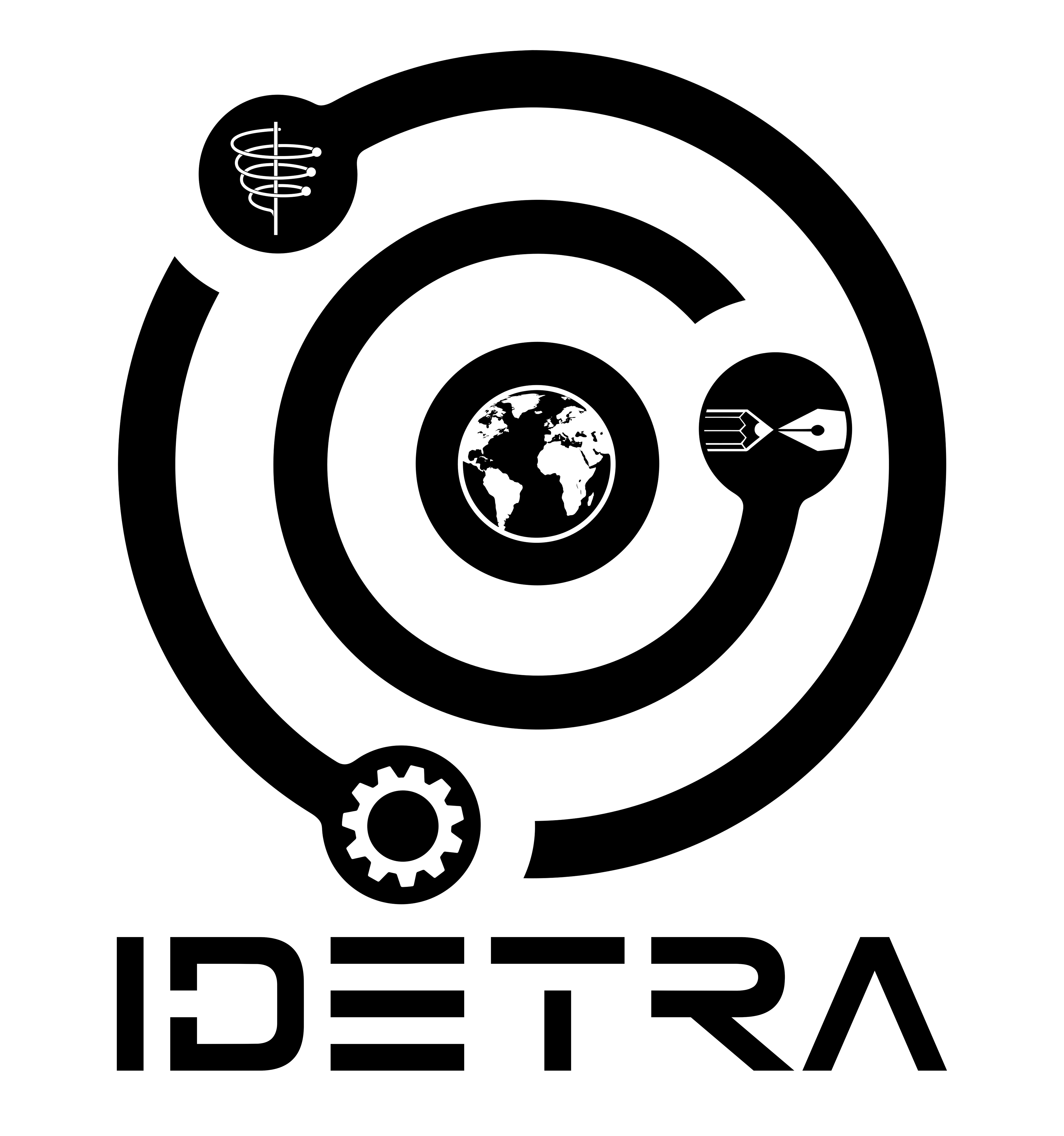

Develop a better world...
Initiatives
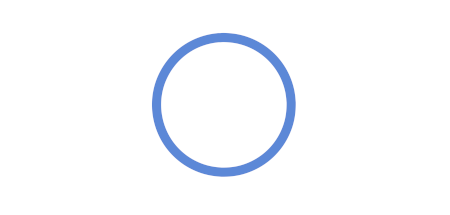
Mundus
Mundus is an easily replicable symbol of global unity that carries the message: "We are in this together, so let’s build the future we deserve." Taking inspiration from Carl Sagan’s 'Pale Blue Dot,' the logo—a borderless, blue circle—reflects a vision of equality and cooperation. Rooted in the principles of the Circular Exchange System, it advocates for strategic access to resources, robust recycling in industrial processes, automation of repetitive tasks, education to reshape values, and the elimination of monetary dependency.
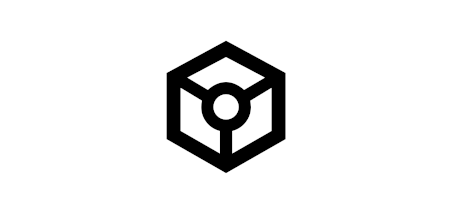
Sci-Hive
Sci-Hive is a collaborative platform designed to transform data points into branchable, informative journeys or organized networks of knowledge. Each data point can be tagged with an official ‘SCI’ marker when referenced from credible scientific sources, helping users recognize vetted material. With a rating and comment system, the public can engage, evaluate, and contribute to the relevance and quality of the information presented.

Terra Formus
With the mission statement “Feasible plans withstand the burden of proof,” Terra Formus catalogs actionable solutions that address sustainability at every level. It evaluates the scale, cost, life cycles, resources, and waste associated with each solution, grouping them into comprehensive strategies to make change implementable. Through Terra Formus, users contribute solutions and build scalable strategies to “terra form” the world, one proven solution at a time.
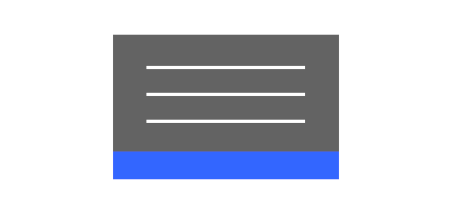
Blue Footer
The Blue Footer initiative calls for transparency in journalism by requesting that every news outlet include a blue URL link at the footer of each article, leading to the original source of information. This practice promotes source transparency, accelerates fact-checking, and ensures accountability in media, empowering readers to access authentic information. Journalists can participate by placing plain blue URL links at the end of their stories, while the public benefits from easier access to verified information.
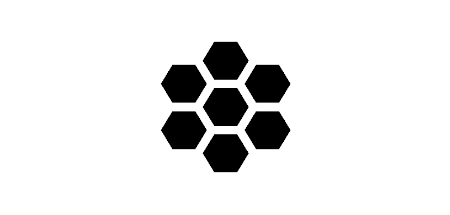
Temet.app
A free AI-based local served app that contains your personal objectives info. From journaling to medical exams, high-grade encryption and local large language model guarantees privacy at the same time, you have access to a RAG system that can give you support and point you in directions in life outside your biases. You can also give access of parts of your data to specialists, like a doctor or lawyer, to improve their context on you and reply back with information into your own personal database.

Good Food
TBC - Cultural shift on promoting planting fruitiferous trees and other vegetable food sources on the streets and have houses across them to take care of them in order for everyone to have access to free food. Nets under the trees or some other simple tech to prevent spoiling food and presenting them in a consumable way is the key here.

Delta Center
TBC - The Delta Center is a civic hub designed to empower communities through access, education, and care. Each center hosts three pillars: a Library of Things for borrowing tools and everyday equipment; a FabLab equipped with 3D printers, laser cutters, and CNC machines supported by university volunteers; and a Holistic Health area connecting users to local wellness professionals and healthcare navigators. TBD: An accompanying app extends support into financial and legal well-being, using a fine-tuned LLM to guide users in budgeting, investing, legal action, and wealth-building strategies traditionally reserved for the elite. Delta Center redefines what it means to be resource-rich, regardless of income.

EduBox
TBC - Edubox is a portable toolkit for hands-on environmental and technical education. Each box includes essentials like a PET plastic cutter, Raspberry Pi microcomputer pre-installed with AI LLM Models, seeds, a heat gun, manual driller, and basic saws—tools that allow users to repair, build, grow, and prototype. Designed for classrooms, workshops, and DIY changemakers, Edubox helps people transform their surroundings, one project at a time.

ClimaCell
TBC - ClimaCell is a research initiative exploring the use of thermoelectric Peltier plates for ambient temperature control. Installed in top-window vents common in cold countries' homes, the system can heat or cool spaces efficiently using mains or small solar panels by reducing reliance on gas or conventional air conditioning.

OpenBot
TBC - OpenBot is an open-source robotics initiative that empowers individuals to build their own intelligent machines. By offering free, customizable blueprints for humanoid robots like the Unitree G1, I-Rob removes barriers to advanced robotics, turning enthusiasts into engineers. With modular components and a collaborative community, it encourages experimentation, learning, and innovation at the intersection of hardware and software—robotics for the people, by the people. Production, assembly and affordable pricing selling is being considered to attend to less tech-savvy people.

Wealth Coop
TBC - WealthCoop democratizes access to algorithmic trading by offering a community-oriented cooperative model. Members can pool resources and participate in AI-driven strategies typically reserved for large financial institutions. With risk-aware approaches and clear reporting, CoopTrader empowers users to build wealth while learning and engaging with a transparent, collective trading ecosystem.

Seety
TBC - Form an independent land where energy storage and production are the first sellable commodity. Rules are: - only build what can be fully automated - everyone is responsible for everything (including the well-being of others) - your data is encrypted and shareable only by you - moneyless society (all is self-distributing) - Carrying capacity is key - it expands with the development of cities - Other cities can be built on the planet, and they exchange within themselves without cost - Any city/country that adheres to these principles reaps the benefits of other cities More details to come...
Presentations

Biodigester
São Paulo, Brazil - June 24, 2020
Biodigester for Cooking and Gardening: The biodigester efficiently converts organic waste into two valuable outputs: methane gas for cooking and nutrient-rich humus for gardening. This dual-purpose system reduces waste while supporting both food production and energy needs.
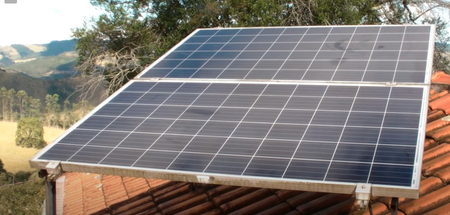
Energy production
São Paulo, Brazil - July 2, 2020
Grid-Tied Solar Energy Installation: By connecting solar panels to the grid, this system generates renewable electricity, lowering energy costs and reducing the home’s carbon footprint, while potentially feeding surplus energy back to the community grid.
